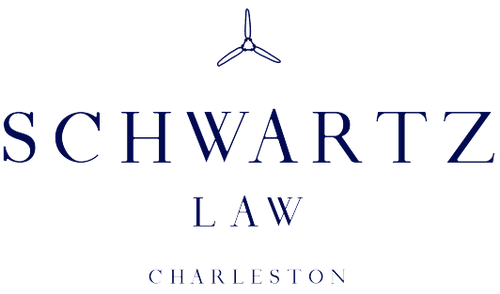South Carolina's DUI statute provides:
"It is unlawful for a person to drive a motor vehicle within this State while:
(1) under the influence of alcohol to the extent that the person's faculties to drive are materially and appreciably impaired;
(2) under the influence of any other drug or a combination of other drugs or substances which cause impairment to the extent that person's faculties to drive are materially and appreciably impaired; or
(3) under the combined influence of alcohol and any other drug or drugs or substances which cause impairment to the extent that the person's faculties to drive are materially and appreciably impaired."
Under South Carolina law, the legal blood alcohol (BAC) limits are:
(1) Less than .05- It is conclusively presumed that the person was not under the influence of alcohol
(2) Greater than .05 but less than .08- No inference whether the person was under the influence of alcohol, but that fact may be considered with other evidence in determining the guilt or innocence of the person
(3) Greater than .08- It may be inferred that the person was under the influence of alcohol.
Proving The Driver Was Impaired
Most of the time, solicitors prove a driver was impaired and guilty of DUI by showing, among other things: (1) The driver was showing signs of intoxication such as slurred speech, strong odor of alcohol on the breath, red, blood-shot eyes, staggering, or swaying; (2) The driver failed a field sobriety test- Reciting ABC's, standing on one leg, walking toe-to-toe; or (3) the driver could not maintain control of the vehicle (weaving, crossing lines, driving off the shoulder). Additionally, solicitors may provide evidence that the driver had a blood alcohol concentration (BAC) level above the legal limit using either a data master breath test or in more serious cases, a blood test.
Driving With Unlawful Alcohol Concentration- (DUAC)
Similar to DUI, South Carolina has a statue that makes it illegal to drive a motor vehicle in this state "while [a person’s] alcohol concentration is .08 percent or more." Unlike a DUI, being "impaired" is not an element of DUAC which means that although you may be perfectly capable of driving at a BAC of .08 or more, you are guilty of DUAC if your blood level is .08 or more.
The Solicitor has the choice of convicting a driver for a DUI (proof of impairment which may include proof of BAC) or a DUAC (proof of BAC .08 or greater and the driver is guilty.) A driver can only be prosecuted for a DUAC if the breath (or blood) test is performed within two hours of the time of arrest and probable cause (a reasonable belief that a person has committed a crime) existed to justify the traffic stop. A driver in South Carolina cannot be prosecuted for a DUAC if the driver was stopped at a traffic road block or driver's license check point. Furthermore, a driver cannot be prosecuted for both a DUI and a DUAC arising from the same traffic stop.
DUI vs. DUAC
The main difference between DUI and DUAC is that to be convicted for a DUAC, the prosecution must prove a driver was operating a vehicle with a BAC of .08 or higher. However, to convict a driver of DUI, the prosecution must prove that the driver's faculties to operate a vehicle were materially and appreciably impaired by alcohol, drugs, or a combination of the two. The penalties for a DUI and DUAC are nearly identical. Examples:
– Neither charge can be expunged from your record
– The fines and jail time are identical
– Both offenses require the offender to complete ADSAP (Alcohol and Drug Safety Action Program)
– Both offenses require a driver to have the expensive SR-22 insurance for three yeas
– Both charges can enhance a subsequent arrest for either DUAC or DUI to a second offense, causing it to be prosecuted in General Sessions Court.
